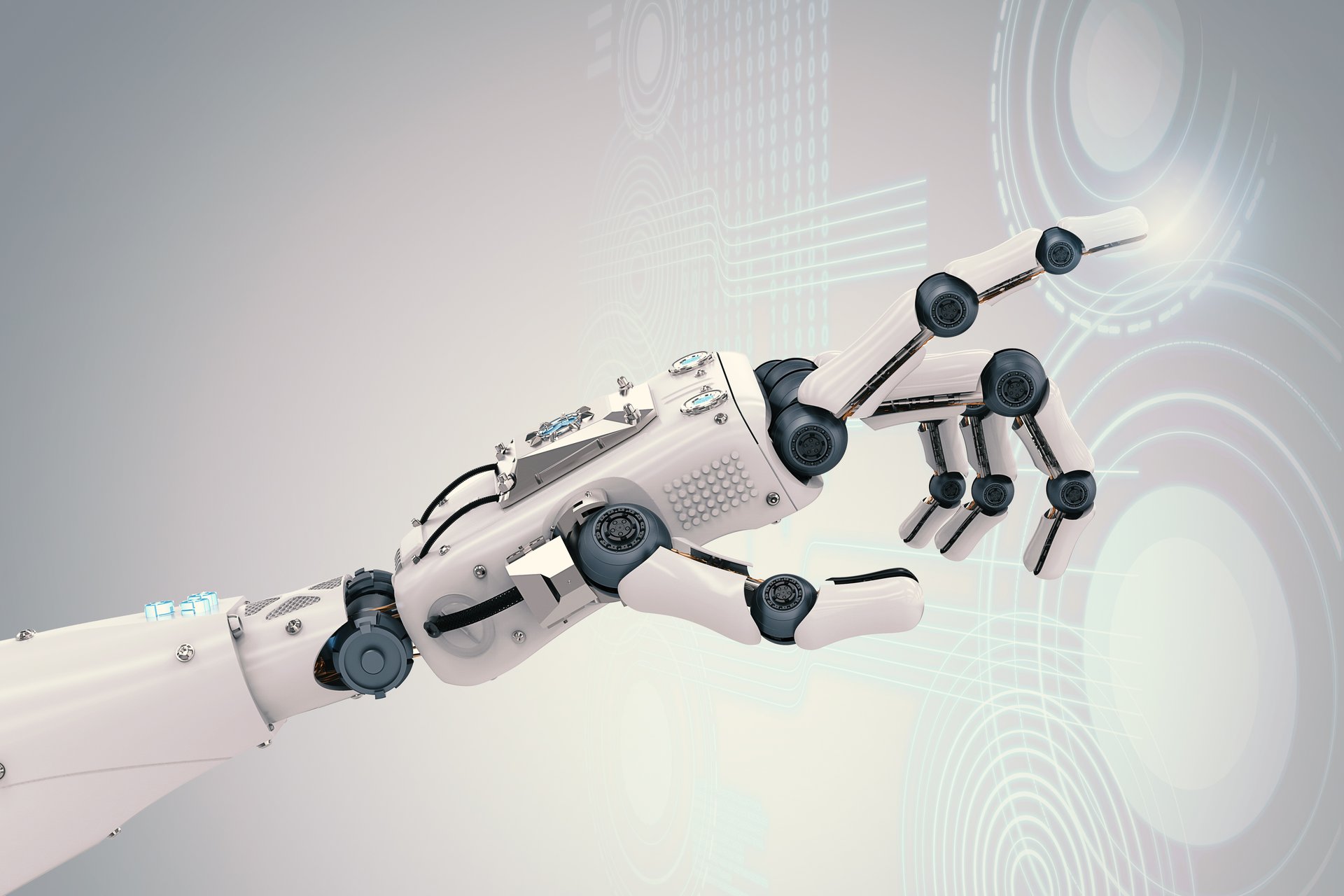At the Faculty of Science and Engineering, our professors in electrical, mechanical, computer and software engineering are shaping the technologies of tomorrow. Every day, they conceive futuristic innovations that are gradually becoming reality.
Our researchers are behind revolutionary projects such as advanced mechanical hands, an intelligent tree species recognition system, and advanced lighting technology for 3D virtual objects. Their inventions are transforming key sectors such as healthcare, rehabilitation, art and industry, and redefining the way we live in society.
Explore a world where science and technology push back the boundaries of innovation!
